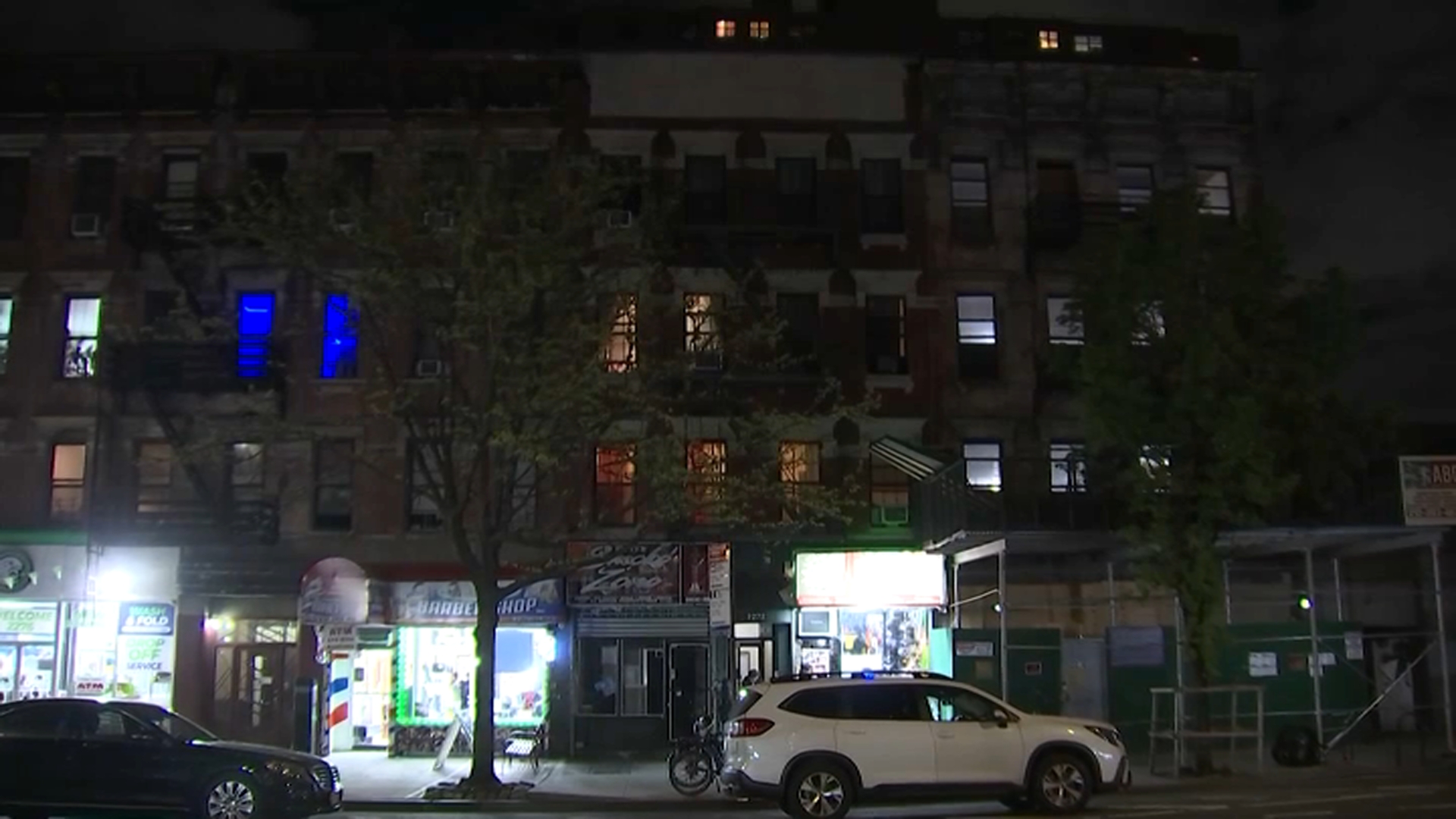A convicted California serial killer was brought to New York on Wednesday to face charges of killing two women in the 1970s, the Manhattan district attorney's office said.
After decades of suspicion, an indictment last year and 18 months of legal maneuvering over extraditing him from California's death row, Rodney Alcala arrived on a U.S. Marshals Service plane Wednesday afternoon and was handed over to city police, the Marshals Service said.
He could be arraigned later in the day or Thursday on the Manhattan charges, which stem from a flight attendant's strangling death in 1971 and the death of a former Hollywood nightclub owner's daughter whose body was found in 1978 after she disappeared the year before.
It was unclear who would represent Alcala in New York or whether he would have a lawyer.
The former photographer and dating-show contestant represented himself at the sometimes-bizarre 2010 California trial that ended with his convictions in the strangulations of four women and a 12-year-old girl in Southern California in the 1970s. Sentenced to death, he is appealing.
Alcala had long been suspected in at least one of the Manhattan cases. But he was indicted only last year, after the Manhattan district attorney's cold-case unit re-examined the cases, looked at evidence that emerged during the California trial and conducted new interviews with more than 100 witnesses. California authorities had said they were exploring whether Alcala could be tied to cases in New York and other states, and they had released more than 100 photos, found in his storage locker, of young women and girls.
"These cases were built one brick at a time, as each new lead brought us closer to where we are today," DA Cyrus R. Vance Jr. said when Alcala was indicted, adding that he hoped the indictment "brings a small measure of peace to the families and friends who have spent decades searching for answers, and justice."
Local
One of the women, Cornelia Crilley, a flight attendant for Trans World Airlines, was found, strangled with a stocking, in her Manhattan apartment in 1971.
The other woman, Ellen Hover, also was living in Manhattan when she vanished in 1977. Her remains were found the next year in the woods on a suburban estate.
Hover had a degree in biology and was seeking a job as a researcher, a private investigator for her family said at the time.
Her disappearance and Crilley's death made headlines and spurred extensive searches. TWA offered a $5,000 reward for information about Crilley's killing. Hover's relatives papered walls and kiosks with posters.
A note in Hover's calendar for the day she vanished showed she planned to have lunch with a photographer she had recently met, according to the family's private detective and news reports at the time. Her lunch date's name, authorities later said, was an alias that Alcala used.
Alcala also has been eyed in Crilley's death for at least several years. NYPD detectives investigating her killing went to California in 2003 with a warrant to interview Alcala and get a dental impression from him. A forensic dentist later found that a bite mark on Crilley's body was consistent with Alcala's impression, a law enforcement official has said. The official was not authorized to speak publicly and spoke on condition of anonymity.
Alcala, now 68, has been behind bars since his 1979 arrest in one of the California killings. Before that arrest, he also served a total of about 4 ½ years in prison on convictions of furnishing marijuana to a minor and kidnapping and trying to kill an 8-year-old girl.
He also had attended college and worked briefly as a typist at The Los Angeles Times, according to a 1979 story in the newspaper.
And he had made his way onto a 1978 episode of "The Dating Game," the innuendo-filled matchmaking show that was a hit in its era.
Introduced as a photographer with a yen for motorcycling and skydiving, the long-haired, leisure-suited Alcala won the contest. But the woman who chose him over two other contestants ultimately didn't go on a date with him, according to news reports.
Unbeknownst to the TV audience, Alcala was a killer whose attacks were accompanied by sexual abuse and torture, prosecutors would later say.
His conviction last year came after a series of trials, overturned convictions and strange courtroom moments. Acting as his own lawyer, Alcala — whose IQ is said to top 160 — offered a rambling defense that included questioning the mother of one of his victims, showing a clip of his appearance on "The Dating Game" and playing Arlo Guthrie's 1967 song "Alice's Restaurant."
Alcala fought his extradition to New York, saying he needed to stay in California to attend court hearings and do other preparatory work on his appeal. The California Supreme Court rejected his argument last month.
Get the latest from NBC 4 New York anytime, anywhere. Follow us on Twitter, Facebook and Google+. Get our apps here and sign up for email newsletters here. Get breaking news delivered right to your phone -- just text NYBREAKING to 639710. For more info, text HELP. To end, text STOP. Message and data rates may apply.



